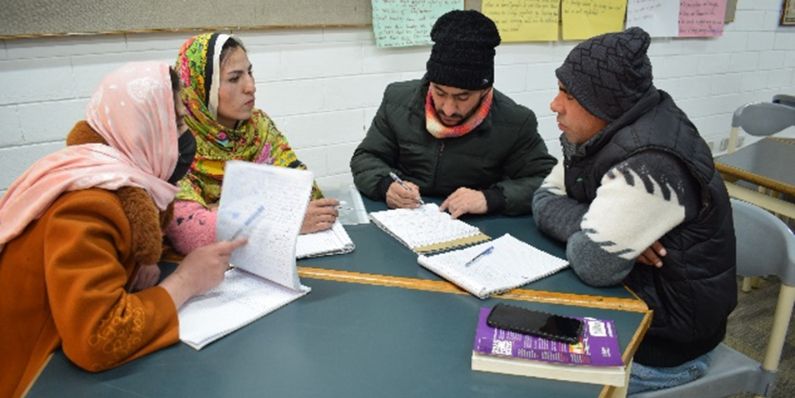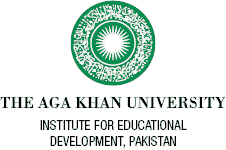Promoting an Integrated Development Approach to Combat Climate Induced Displacement
A project aimed at rebuilding educational opportunities at a disaster-hit village through School Improvement Programme & Early Childhood Development Activities
Location: Immit Valley, Ghizer, Gilgit-Baltistan
Duration: 2023-2024
Funding Organisation: United Nations Office for Project Services through Aga Khan Foundation

Empowering Schools, Teachers, and Communities
Working across 14 schools, the project engaged 85 teachers and 1,263 students, delivering impactful outcomes:
- Early Childhood Development (ECD) Centers Revitalised: Established a high-quality ECED center and upgraded four existing centers with advanced resources.
- Teacher Training: Conducted capacity-building sessions for 34 educators to strengthen their skills.
- Student Support: Provided uniforms, shoes, and school bags to 1,090 students, fostering motivation and attendance.
- Parental Empowerment: Trained 400 mothers on child nurturing and strengthening home-school relationships.
- School Enhancements: Supplied 14 schools with stationery, ECED materials, books, sports kits, carpets, and underlays.
- Community Leadership: Trained 20 school management committee members and mother support groups to champion educational improvements.
- Wellbeing Initiatives: Hosted school-based events promoting parental wellbeing in this disaster-hit context.
Transformative Outcomes
The project achieved remarkable milestones:


